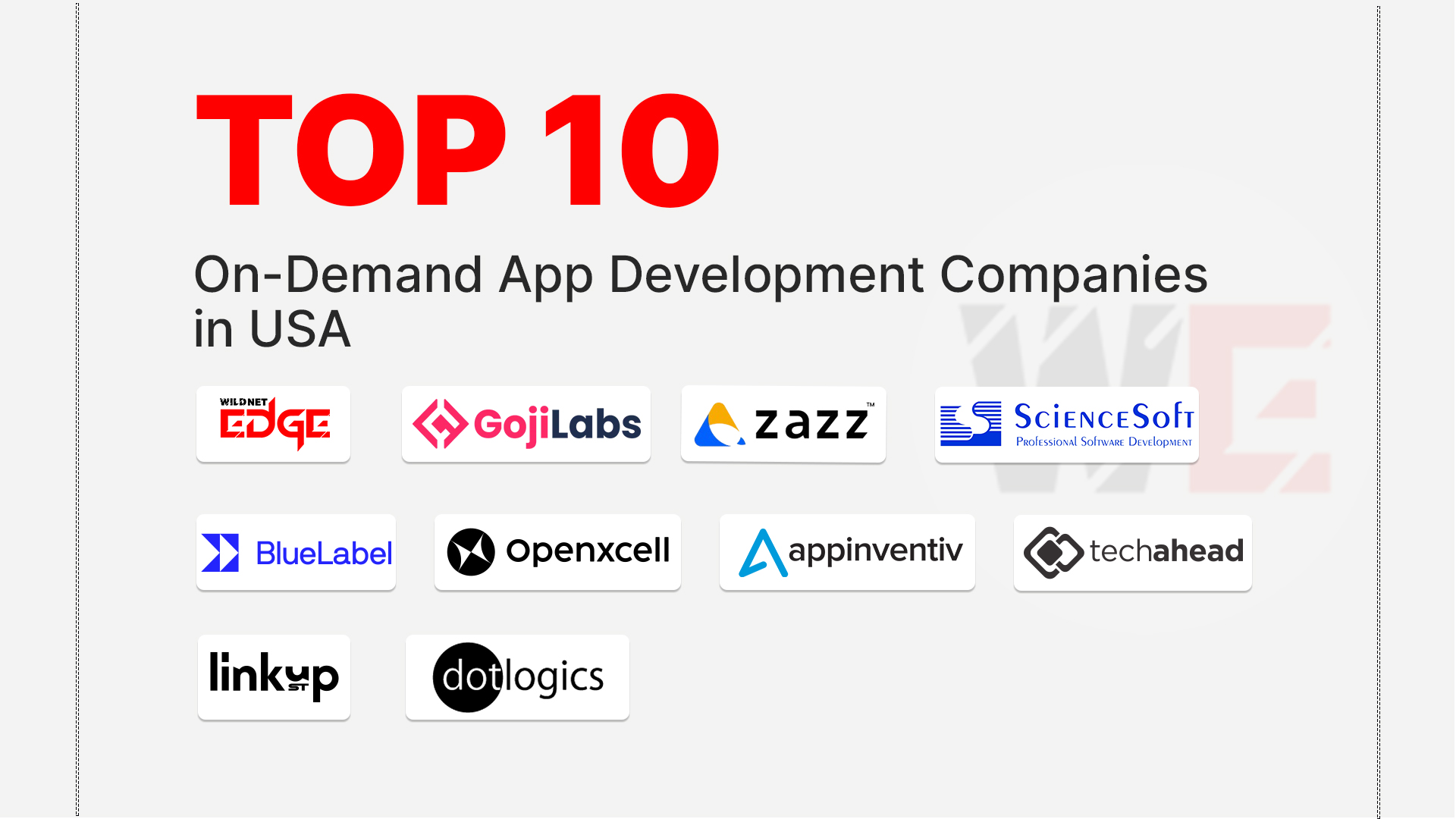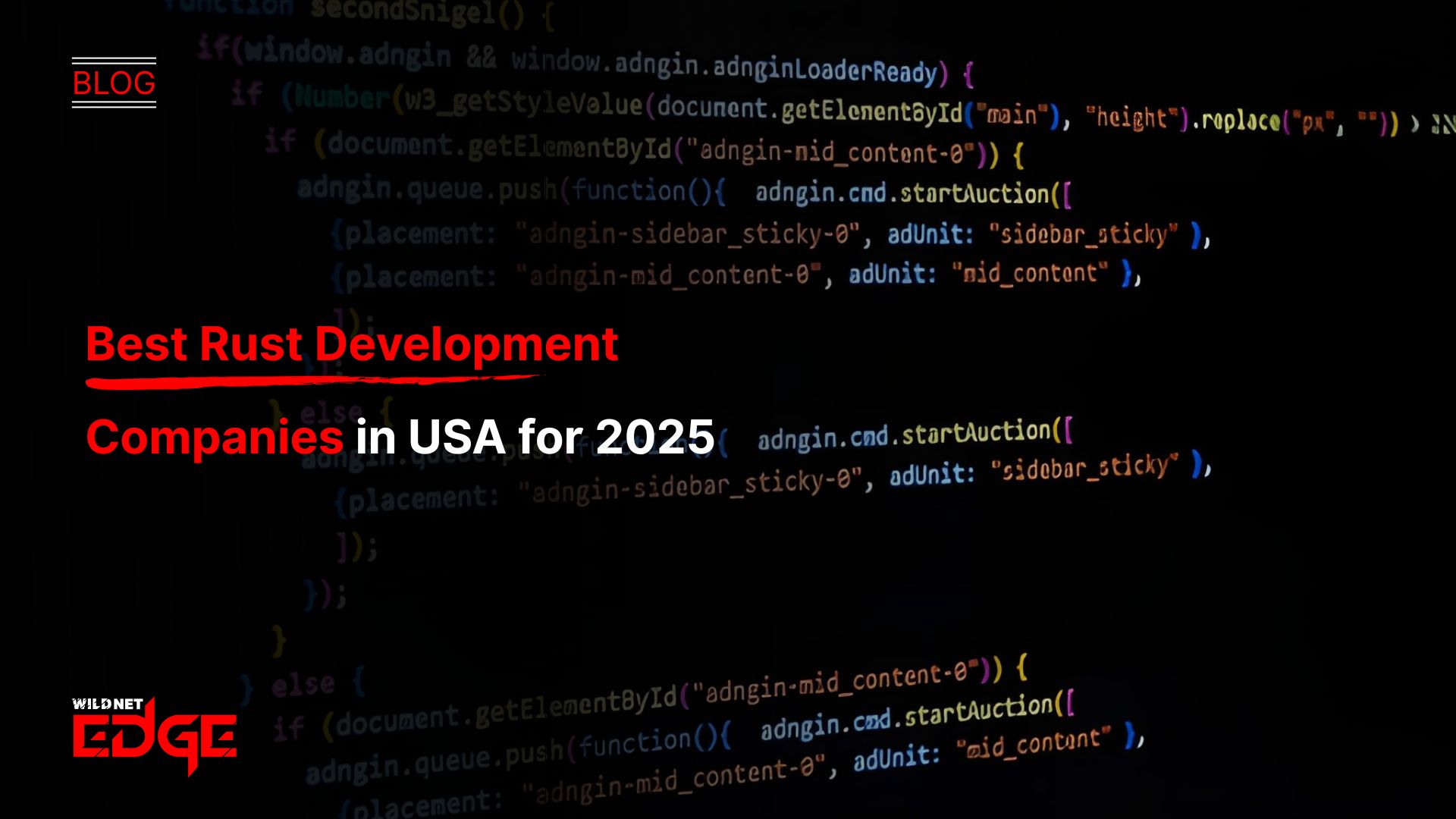Quantum computing software is at the forefront of technological innovation, promising groundbreaking advancements in computation that traditional systems cannot achieve. However, with this potential comes a multitude of security concerns. As organizations across various sectors look to harness the power of quantum technologies, questions arise: How secure is quantum computing software? What compliance measures are necessary to protect sensitive information? In this article, we will explore crucial security and compliance checklists tailored for quantum computing software. By understanding these intricacies, businesses can ensure that their quantum initiatives are not only innovative but also secure and compliant with expected standards.
Quantum Computing Software Security Essentials
Identifying Vulnerabilities in Quantum Computing Software
Vulnerabilities in quantum computing software can manifest due to various factors, including flaws in algorithms, improper configurations, and obsolete security assumptions. Unlike classical computer systems, quantum systems introduce unique challenges, such as quantum state manipulation and the potential for quantum hacking. Common security flaws include:
- Inadequate Encryption: Many quantum systems do not yet employ sufficient encryption methods, making them susceptible to decryption by advanced quantum algorithms like Shor’s algorithm.
- Flawed Quantum Algorithms: If the foundational algorithms are vulnerable, it could lead to significant exposure. For example, a poorly designed quantum key distribution method might inadvertently allow unauthorized access.
- Insufficient Access Controls: Without stringent access management, unauthorized users can exploit quantum systems, leading to data breaches.
Recognizing these vulnerabilities is the first step in mitigating security concerns. Developers must incorporate robust risk assessments during the initial stages of quantum software development to identify potential weaknesses preemptively.
Best Practices for Quantum Computing Software Security
To maintain secure quantum computing software, several best practices should be followed:
- Utilizing Quantum-Safe Cryptography: Organizations should start investing in quantum-safe cryptographic methods, such as lattice-based and hash-based approaches, to protect sensitive information against future quantum attacks.
- Regular Security Audits: Conducting frequent audits helps to identify and rectify vulnerabilities before they can be exploited. Engaging third-party security experts for independent evaluations can provide a fresh perspective on potential weaknesses.
- Implementing Robust Access Controls: Strong access controls, such as multi-factor authentication and user permissions, can significantly reduce unauthorized access risks.
Successful implementations of these practices illustrate their effectiveness. For instance, a leading financial institution recently employed quantum-safe encryption and conducted regular security audits, significantly reducing potential risks associated with unauthorized data access and manipulation, and boosting client trust in their quantum initiatives.
Risk Management in Quantum Computing Software
Understanding Risks in Quantum Computing Software
Quantum computing presents a unique landscape of risks. Some inherent risks include:
- Data Privacy Risks: With the advent of quantum computing, traditional encryption methods may become obsolete. This risk poses serious implications for industries dealing with sensitive data, such as finance and healthcare.
- Compliance Risks: The rapidly evolving regulatory landscape can present challenges for organizations. Failing to comply with new regulations can lead to substantial financial penalties and loss of reputation.
- Operational Risks: Quantum projects can disrupt established operational processes. If not managed properly, transitioning to quantum solutions can lead to operational inefficiencies and increased costs.
Given these potential risks, it is essential for organizations to fully understand how they impact business viability and reputation. Risk awareness should drive decisions regarding investments in quantum technologies and associated safety measures.
Mitigating Risks in Quantum Computing Software Projects
Effective risk management in quantum computing software involves implementing strategies to mitigate identified risks. Here are several methods:
- Conduct Comprehensive Risk Assessments: Regularly assess your quantum projects for potential risks, including technological, operational, and regulatory dimensions.
- Utilize Blockchain for Verification: Employ blockchain technology to provide an immutable record of transactions and enhance data integrity throughout quantum processes.
- Develop Contingency Plans: Prepare contingency plans factoring in potential quantum computing breakthroughs that could jeopardize existing security measures.
For instance, a tech company specializing in quantum computing recently faced a significant risk associated with potential quantum attacks on data encryption. They conducted a thorough risk assessment and decided to pivot to a blockchain-based approach for data verification, allowing them to address immediate vulnerabilities and set a robust framework for future challenges.
Software Development Company Compliance Practices
Regulations Affecting Quantum Computing Software Development
The development of quantum computing software is increasingly subject to various regulations aimed at ensuring security, privacy, and operational integrity. Key regulations include:
- General Data Protection Regulation (GDPR): As quantum computing will handle vast amounts of personal data, compliance with GDPR is crucial for European entities. Non-compliance can lead to substantial fines.
- Health Insurance Portability and Accountability Act (HIPAA): Developers handling healthcare data must ensure that their quantum solutions comply with HIPAA, focusing on patient privacy and data integrity.
- Industry-Specific Regulations: Different sectors may have specific compliance requirements that dictate how quantum technologies should be implemented and managed.
Understanding these regulations is essential for any software development company venturing into quantum computing. Non-compliance can result in legal repercussions and loss of client trust, potentially derailing quantum initiatives before they even begin.
Ensuring Compliance in Quantum Computing Software Projects
Software development companies should take various actionable steps to ensure compliance in their quantum software projects:
- Conduct Regulatory Training: All project team members should receive training on relevant regulations, ensuring compliance is ingrained within the project culture.
- Implement Documentation Protocols: Detailed documentation of all procedures, algorithms, and decision-making processes is essential in case of regulatory scrutiny.
- Leverage Compliance Management Tools: Utilize software solutions designed for compliance management to automate regulatory checks and documentation processes. Tools like ComplyAdvantage or LogicGate provide resources specifically aimed at corporate compliance needs.
By adhering to these steps, software development companies can mitigate the risk of non-compliance and instill a culture of diligence around regulatory requirements. Taking these actions not only safeguards the company but fosters a trustworthiness that clients demand in the fast-evolving quantum landscape.
Quantum Computing Software Testing Protocols
Importance of Testing Quantum Computing Software
Testing quantum computing software is paramount in ensuring both security and compliance. The intricacies of quantum algorithms can lead to unexpected behaviors, making thorough testing essential. Specific challenges during testing include:
- Complexity of Quantum States: The non-classical nature of quantum states can lead to difficulties in creating conventional testing frameworks.
- Simulation Limitations: The current limitations of quantum simulators may prevent accurate modeling of intended quantum behaviors.
Without rigorous testing protocols, organizations risk releasing vulnerable software into production, exposing themselves and their clients to potential breaches and non-compliance with regulatory standards.
Best Testing Practices for Quantum Computing Software
To ensure the reliability and security of quantum software, consider the following best testing practices:
- End-to-End Testing: Conduct testing from the user interface down to quantum circuits, mimicking real-world usage scenarios.
- Use Quantum-Specific Testing Frameworks: Leverage dedicated frameworks such as Qiskit and Cirq, which are designed for testing quantum algorithms and systems.
- Implement Continuous Integration: Establish a CI/CD pipeline for regular updates and testing, reducing the possibility of introducing vulnerabilities over time.
An excellent example of effective testing comes from a recent project in which a tech startup successfully utilized Qiskit to run continuous integration tests on their quantum algorithms, allowing them to discover and fix vulnerabilities before deployment, thereby enhancing both security and compliance.
Choosing a Mobile App Development Company for Quantum Software
Key Considerations When Choosing a Mobile App Development Company
Finding the right mobile app development company for quantum software projects is pivotal. Here are key considerations:
- Experience with Quantum Technologies: Ensure the company has demonstrable experience with quantum computing, particularly in developing secure applications.
- Security Expertise: Assess their knowledge in security best practices, as quantum applications must adhere to stringent security guidelines.
- Portfolio of Projects: Review case studies and previous projects to evaluate their capabilities and reliability.
Creating a checklist can help decision-makers scrutinize potential companies effectively:
- Does the company have experience in quantum computing?
- Are they familiar with security regulations affecting quantum software?
- Can they provide reliable client references?
Evaluating Experience in Quantum Computing Software
When assessing a mobile app development company’s expertise in quantum computing software, consider the following:
- Project Types: Inquire about past projects specifically related to quantum computing and the complexities involved.
- Team Composition: Check if the development team includes quantum physicists along with software engineers who can bridge the gap between theoretical concepts and practical implementations.
- Innovation Track Record: A mobile app development company that continually adopts emerging technologies is more likely to have relevant experience and insight into quantum computing’s latest advancements.
For instance, firms that have successfully developed applications using quantum technologies like IBM’s Qiskit are well-positioned to handle your quantum project, ensuring both innovation and compliance.
Future Trends in Quantum Computing Software Security
Emerging Technologies to Enhance Quantum Computing Software Security
As the field of quantum computing continues to evolve, several emerging technologies are set to enhance security:
- Post-Quantum Cryptography: As organizations prepare for the quantum future, developing robust post-quantum algorithms will safeguard against quantum attacks that could compromise current encryption standards.
- Quantum Key Distribution (QKD): This technology offers potential for secure communication by allowing two parties to share a cryptographic key safely.
- Homomorphic Encryption: This allows computations to be performed on encrypted data without decrypting it, preserving privacy even in the computational process.
The potential impacts of such technologies can redefine how sensitive information is safeguarded in the quantum era, ensuring compliance with security standards and practices.
The Role of AI in Quantum Computing Software Security
Artificial Intelligence (AI) plays an increasingly vital role in enhancing the security measures for quantum software.
- Anomaly Detection: AI can analyze behavior patterns in quantum systems, helping to identify and alert users on unusual activities indicative of security breaches.
- Intelligent Risk Assessment: AI can automate and optimize risk assessments, making it easier for companies to identify potential vulnerabilities in real-time.
Notably, a renowned tech organization successfully integrated AI algorithms with their quantum software testing protocols, achieving higher detection rates of vulnerabilities before deployment. This practice not only strengthened their software security but also instilled greater confidence among their clients regarding compliance.
Conclusion
The world of quantum computing software is filled with immense potential, yet it demands rigorous attention to security and compliance. By following the outlined security and compliance checklists, organizations can protect themselves against vulnerabilities and adhere to regulatory requirements. Wildnet Edge, as a leading AI-first company, is at the forefront of developing solutions that not only embrace the innovation brought by quantum computing but also enhance security measures. Companies looking to venture into this exciting arena should engage expert advice and resources to navigate this complex landscape effectively. For more insights and consultation on quantum computing software security, explore additional resources today.
FAQs
The key components include identifying vulnerabilities, implementing best practices, and ensuring compliance with regulations.
Risk management involves understanding inherent risks and employing strategies to mitigate them throughout the software lifecycle.
Companies should be aware of legal regulations, maintain thorough documentation processes, and employ compliance management tools.
Protocols should focus on vulnerability assessments, performance evaluations, and rigorous validation methodologies.
Consider their experience with quantum technologies, past projects, and technical expertise to ensure the best fit.

Nitin Agarwal is a veteran in custom software development. He is fascinated by how software can turn ideas into real-world solutions. With extensive experience designing scalable and efficient systems, he focuses on creating software that delivers tangible results. Nitin enjoys exploring emerging technologies, taking on challenging projects, and mentoring teams to bring ideas to life. He believes that good software is not just about code; it’s about understanding problems and creating value for users. For him, great software combines thoughtful design, clever engineering, and a clear understanding of the problems it’s meant to solve.
 sales@wildnetedge.com
sales@wildnetedge.com +1 (212) 901 8616
+1 (212) 901 8616 +1 (437) 225-7733
+1 (437) 225-7733















 ChatGPT Development & Enablement
ChatGPT Development & Enablement Hire AI & ChatGPT Experts
Hire AI & ChatGPT Experts ChatGPT Apps by Industry
ChatGPT Apps by Industry ChatGPT Blog
ChatGPT Blog ChatGPT Case study
ChatGPT Case study AI Development Services
AI Development Services Industry AI Solutions
Industry AI Solutions AI Consulting & Research
AI Consulting & Research Automation & Intelligence
Automation & Intelligence















